The UK Defence Journal is proud to be one of only a dozen media outlets in Europe granted access to a Swedish warship next week, as part of NATO’s critical Operation Baltic Sentry.
This exclusive opportunity will provide an unparalleled look at how NATO forces are working to secure Europe’s undersea infrastructure amid heightened maritime tensions.
The operation comes in response to recent sabotage incidents targeting power and data cables across the Baltic Sea. With Russia’s “shadow fleet” under close watch, this mission is a vital component of NATO’s efforts to deter further attacks and safeguard the infrastructure that underpins Europe’s energy supplies and digital connectivity.
Onboard Coverage: What to Expect
Our team will embark on a Swedish naval vessel departing from the Karlskrona Naval Base for a day-long operation in the southern Baltic Sea. The UK Defence Journal will join naval personnel and NATO commanders to witness real-time defensive measures, maritime patrols, and joint response drills designed to protect critical underwater assets.
The schedule for the day will include:
- Live naval operations: We will observe how Swedish and NATO forces monitor shipping routes and identify potential threats.
- Interviews with senior officers: Insight into how Sweden’s navy integrates with NATO’s broader defence strategy.
- Demonstrations of critical infrastructure protection: Including boarding and inspection drills to address any suspicious vessels in the area.
This unrivalled access will allow us to provide in-depth coverage of the operation’s role in protecting the vital undersea cables that enable Europe’s energy supply and digital communications.
Why the Baltic Sea is a Hotspot for NATO Operations
Recent months have seen a sharp rise in unexplained damage to underwater infrastructure, most notably the December 2024 damage to the EstLink 2 power cable between Finland and Estonia.
NATO Secretary General Mark Rutte highlighted the urgency of the situation during the Baltic Sea NATO Summit in January, stating that “potential threats to our infrastructure will have consequences, including possible boarding, impounding, and arrest.”
The stakes couldn’t be higher. With 1.3 million kilometres of undersea cables supporting $10 trillion in financial transactions daily, maintaining security in the region is essential for global stability. NATO’s Baltic Sentry mission is deploying a comprehensive array of frigates, patrol aircraft, naval drones, and surveillance technologies to monitor and secure these assets.
Sweden’s Pivotal Role as NATO’s Newest Member
As a country with a strong maritime heritage, Sweden’s role in Baltic Sentry demonstrates its growing importance within NATO. Since joining the alliance, Sweden has played a key role in maritime security, providing local expertise and resources to protect critical waterways in Europe’s northern flank.
Its naval patrol vessels, like the one we will board, are integral to detecting and deterring threats.
The Swedish Navy’s cooperation with NATO highlights its ability to integrate with multi-domain operations. Speaking at the Baltic Sea Summit, Secretary General Mark Rutte underscored Sweden’s vital contribution, adding that “by working together with all Allies – we will do what it takes to ensure the safety and security of our critical infrastructure and all that we hold dear.”
Why It Matters
Being one of only a handful of media outlets granted access underscores the UK Defence Journal’s role as a trusted defence publication. Our readers can expect exclusive insights into NATO’s evolving response to emerging maritime threats, as well as real-time coverage of the complex logistics behind defending critical underwater assets.
This unique reporting will offer a firsthand view of how NATO allies, including Sweden, Germany, and Finland, are stepping up their cooperative security measures in light of recent incidents. As threats to undersea energy and data infrastructure continue to grow, missions like Baltic Sentry demonstrate the alliance’s ability to rapidly respond to challenges and adapt to evolving threats.
Stay tuned for exclusive updates and stories as we report directly from the front line of Europe’s critical infrastructure defence mission.


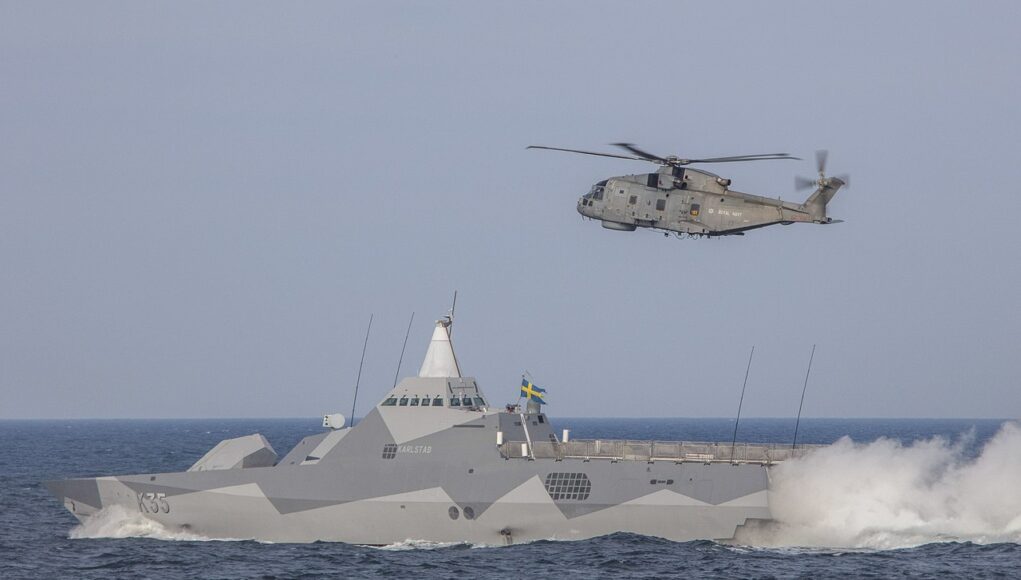
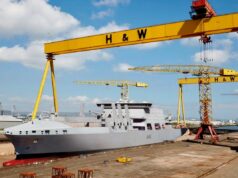

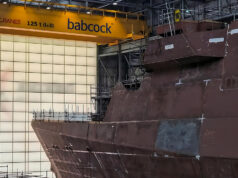

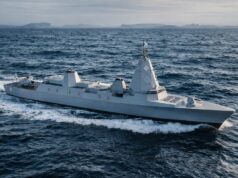
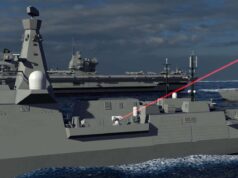
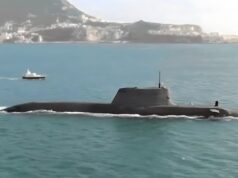


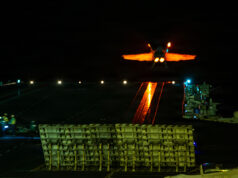

Great work George.
Look forward to reading about it.
Definitely a win – nice work